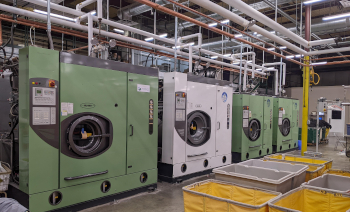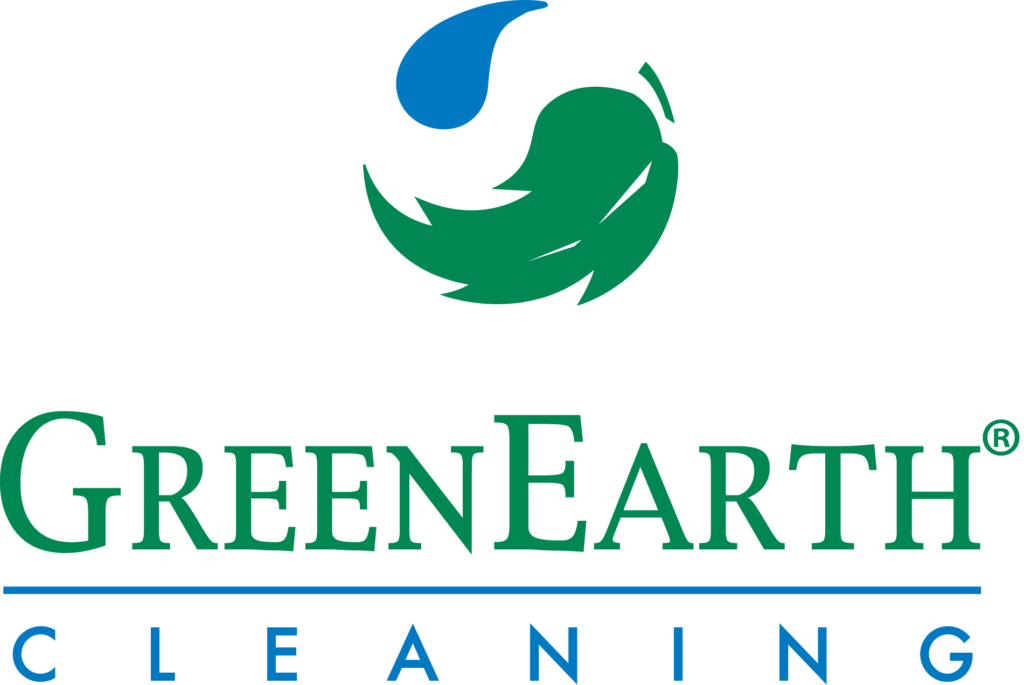
Tim’s Recent Conversation with with Fabricare Magazine
THE FUTURE OF DRY CLEANING
Becca Anderson | July 25, 2023 | Fabricare Canada Magazine
This was going to be an extensive article quoting several industry leaders on the state of the industry and the future of dry cleaning going forward. We contacted over a dozen people with our questions. Maybe a lot of the people were on vacation. Perhaps our emails got lost in the ether. But one expert — Tim Maxwell, President of GreenEarth — did give thoughtful answers to our questions.
Q: Despite the whack the industry took from the pandemic, innovation continued to happen behind the scenes. What is the most interesting or impactful new innovation you’ve seen in equipment in the last few years?
Tim: Given the labor challenges so many industries ( including dry cleaning ) are facing, the evolution of the automated kiosk for the drop off and retrieval of garments seems to me to be very impactful. We have had Affiliates ( OXXO Care Cleaners Franchise is one example ) use them for over 20 years, but it appears that the fear of losing that “personal touch” with the consumer has abated. I think that today’s consumer welcomes efficiency and convenience in all aspects of their lives — so 24-hour automation in garment care makes sense. The number of Affiliates using the automated kiosk has increased dramatically in the past 2 years, and they report positive feedback from their customers regarding the decision to implement them.
Q: Nobody has a crystal ball for telling the future, especially after Covid blindsided us, but where do you think the industry is going in the next 3-5 years? What do you expect to change or stay the same?
Tim: The industry ‘pie’ has gotten smaller and those businesses that have adapted have seen the size of their slice increase. Coming out of the pandemic, consumers have demonstrated that they value clothing care service and will utilize providers of quality care in a convenient location ( or delivery ). As younger generations enter the market for garment care services, they will probably be more inclined than older generations to have a greater percentage of their garments cared for professionally.
Tim: As an industry provider, the most valuable demographic to target is the one that is aiming for the consumer that appreciates and values their time . They will pay for delivery services for food and merchandise ( DoorDash and Amazon ), they will pay for customized entertainment ( Netflix, HBO, Disney+ ), they will pay to have someone get them around ( Uber, Lyft ), and therefore it seems natural that they will pay to have their investment in their appearance (clothing) cared for professionally as well.
Q: There are moves by regulators to phase out perc, etc. Dry cleaners are caught in a tough spot, as a new machine using new solvents is expensive — and who’s to say the regulators won’t go after that one next? What do you advise dry cleaners to be doing now to prepare for the next several years?
Tim:A new machine with a new solvent can be the least expensive way to operate for those that look at all facets of their business. What is the cost of utilities ( electricity, water, and natural gas ) for a cleaning system that requires constant distillation ( like perc )? What is the cost of hauling away the waste associated with the dry cleaning machine? What is the cost of an environmental clean-up of perc/petroleum contaminated property ? What is the cost of relocating a plant due to the landlord’s insistence that a good existing plant location be dried up to a drop store?
A new system can be less expensive to operate than perc in most cases. When looking at any solvent option for their business, a cleaner needs to do his or her homework on the regulatory status of the product they would like to use. Is the replacement for perc a VOC ( volatile organic compound )? Does it require a clean-up if spilled ? Is there a requirement for the waste to be removed by a licensed waste hauler ? If the answer to these questions is ‘yes,’ then there is already regulation regarding that specific solvent option.
With GreenEarth Cleaning’s proprietary silicone fluid option, the answer to those questions is ‘No’ The Canadian Federal Government has determined that the scientific data supports the fluid’s classification as ‘environmentally non-toxic’ and that gives us and our Affiliates great confidence that regulators won’t ‘go after that one next.’

